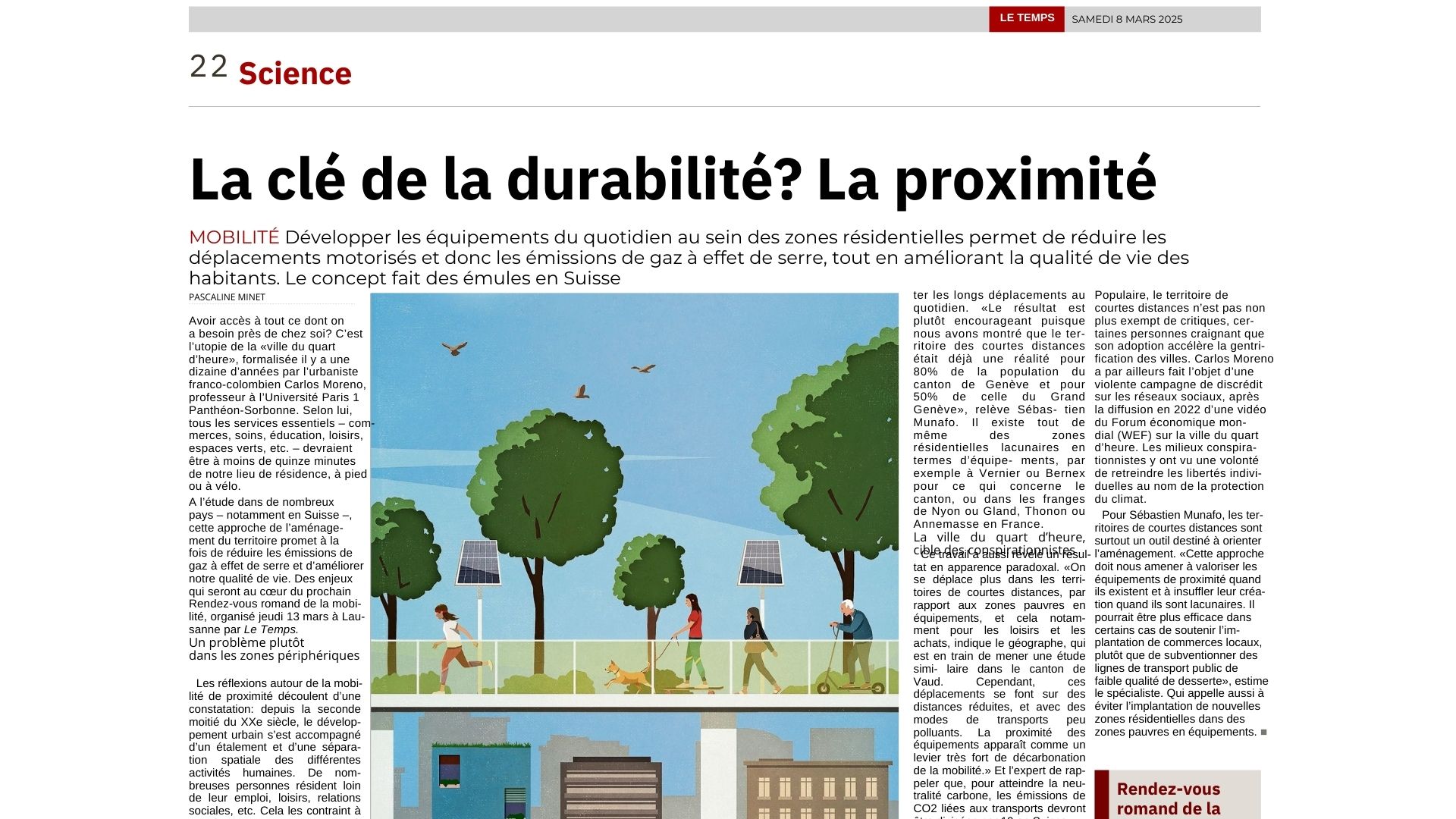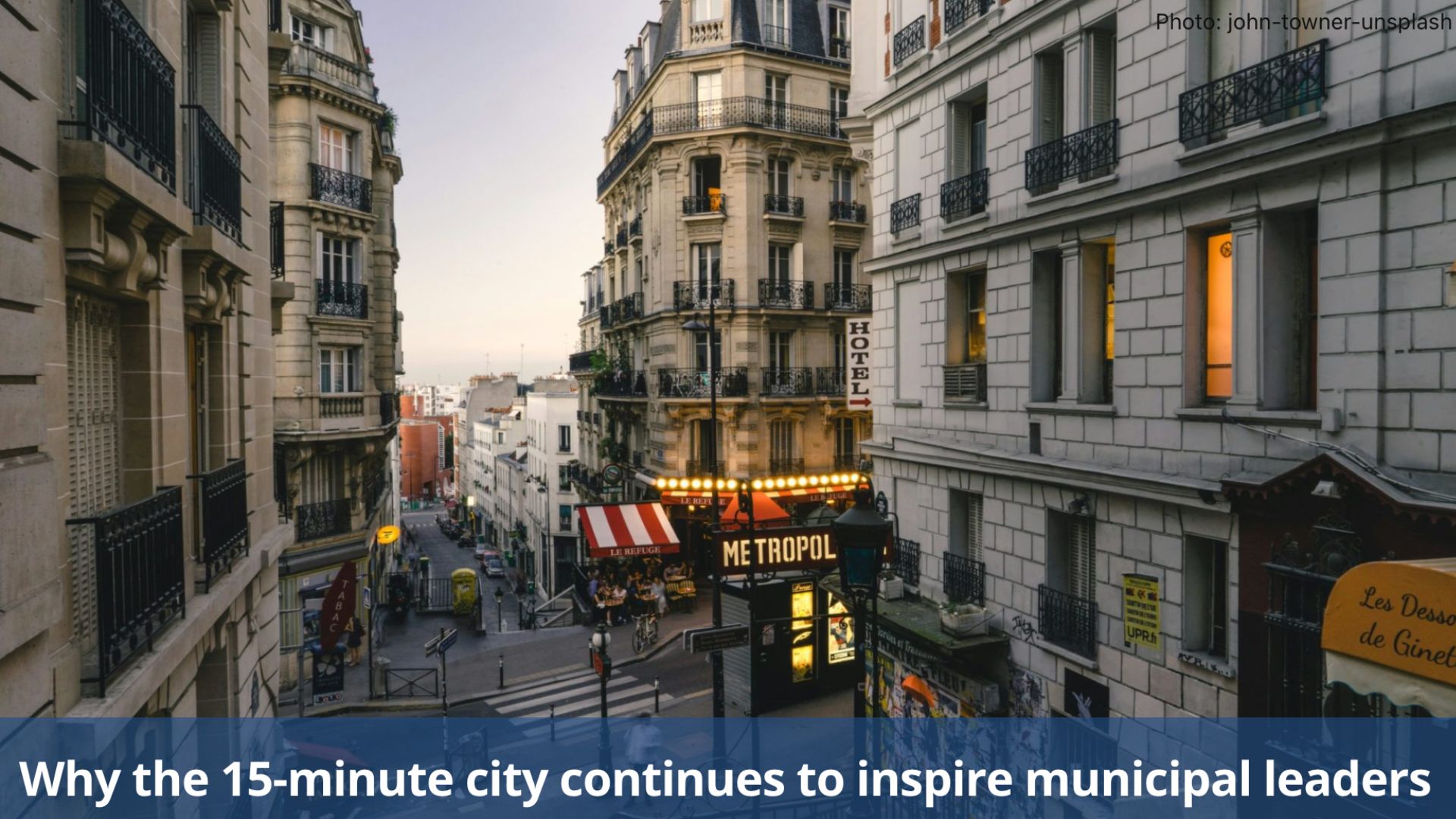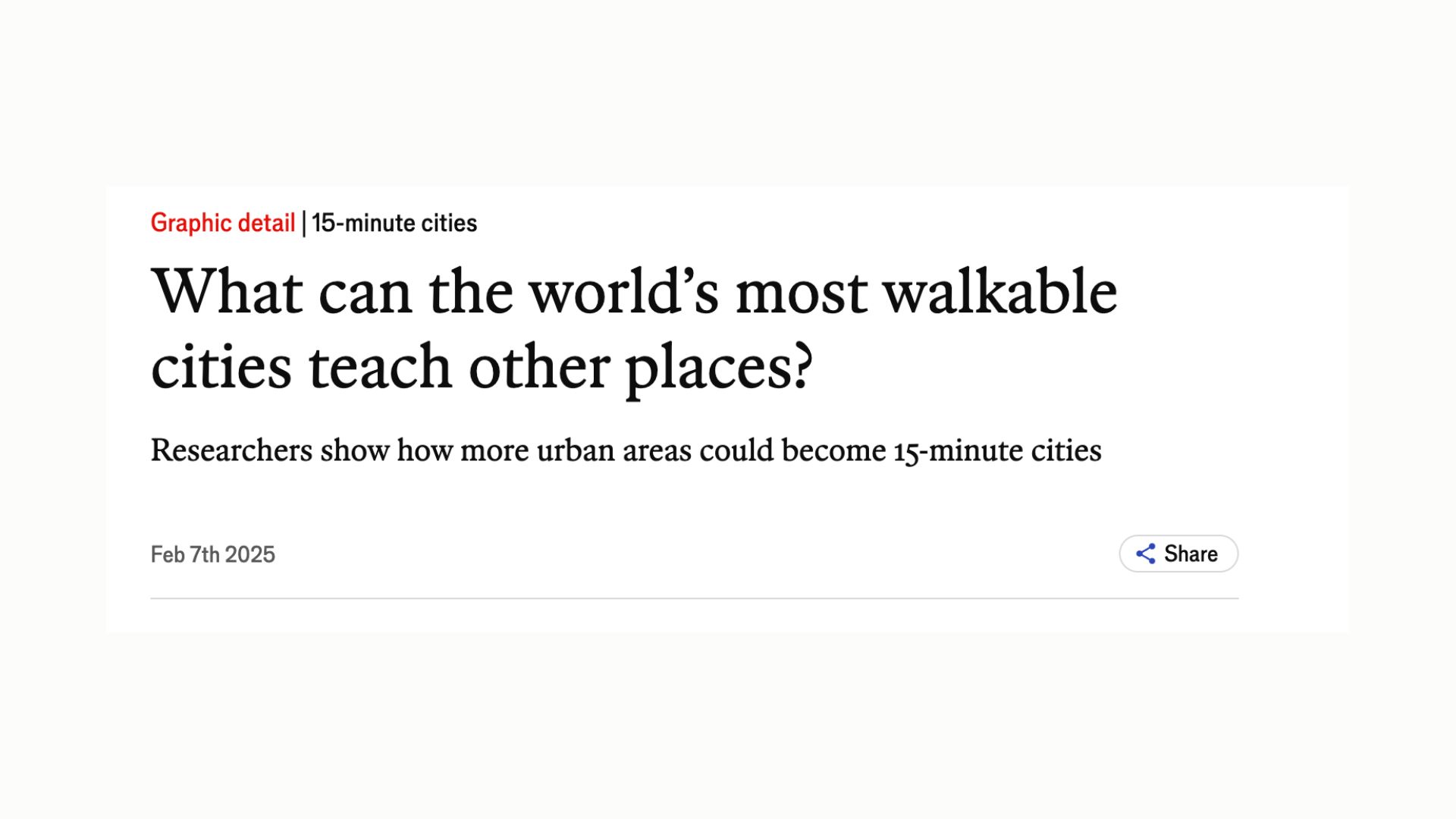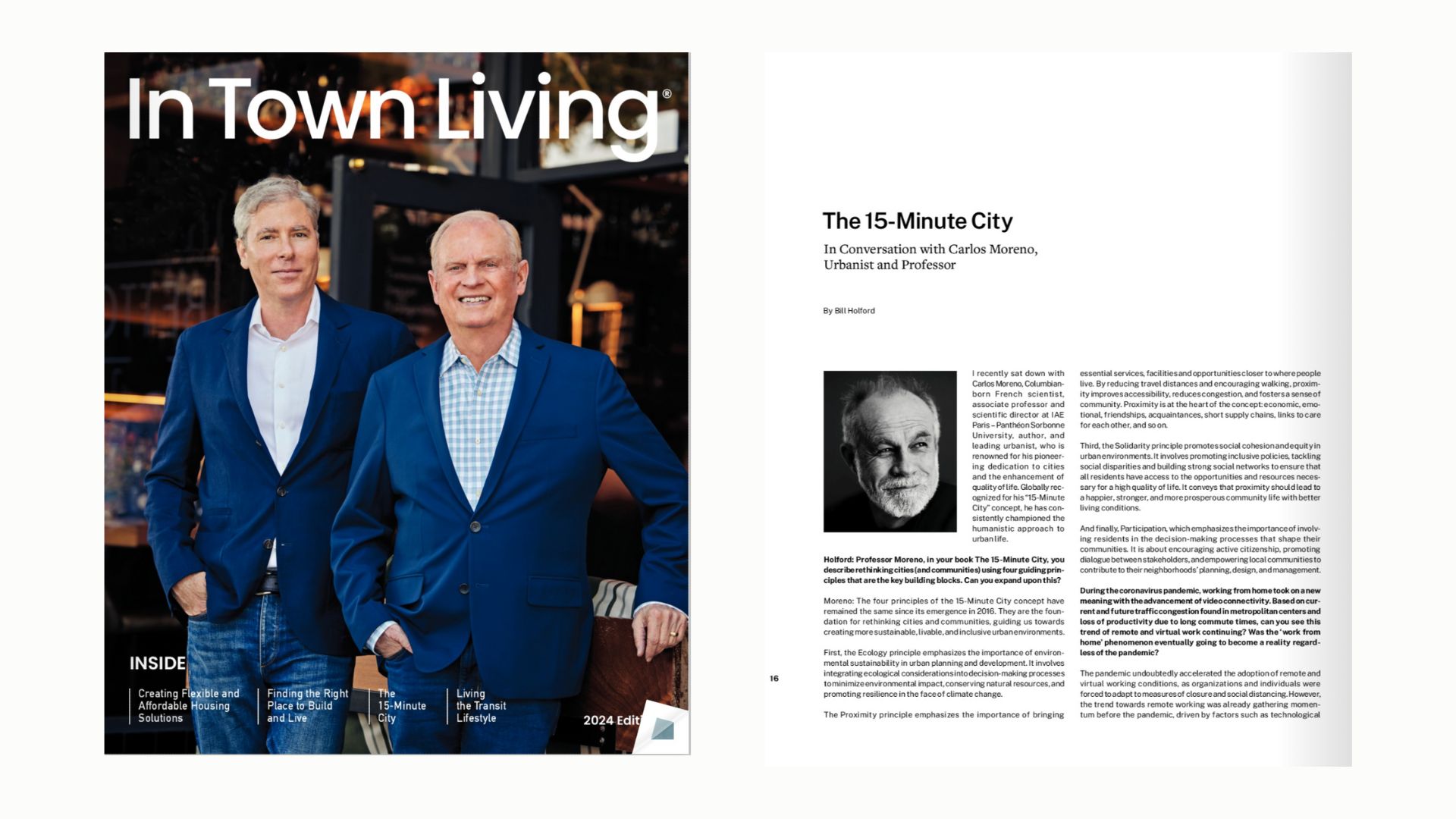The article discusses the critical role of health and wellbeing in urban planning. It emphasizes that the design and operation of modern cities have a significant impact on public health. The historical perspective highlights the importance of clean drinking water and sanitation. Current research focuses on how urban infrastructure affects respiratory and circulatory health.
Key findings include the positive impact of Low Emission Zones (LEZs) on air pollution and reduced traffic pollution in pedestrian-oriented areas. Active commuting, such as cycling and walking, is associated with better health outcomes. The 15-minute city concept, where essential services are within a short walk or bike ride, fosters physical activity, reduces sedentary risks, and enhances air quality. Challenges include political controversy, with a call for shared visions and citizen engagement in creating healthier and more vibrant cities. Professor Carlos Moreno emphasizes that these initiatives not only improve health but also quality of life and communal bonds.




